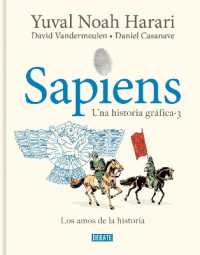Full Description
Twenty-five self-contained investigations document progress in research on computer-supported collaborative learning (CSCL)—both in Stahl'sown research and during the first decade of the CSCL journal.The volume begins with two new reflections on the vision and theory that result from this research.








